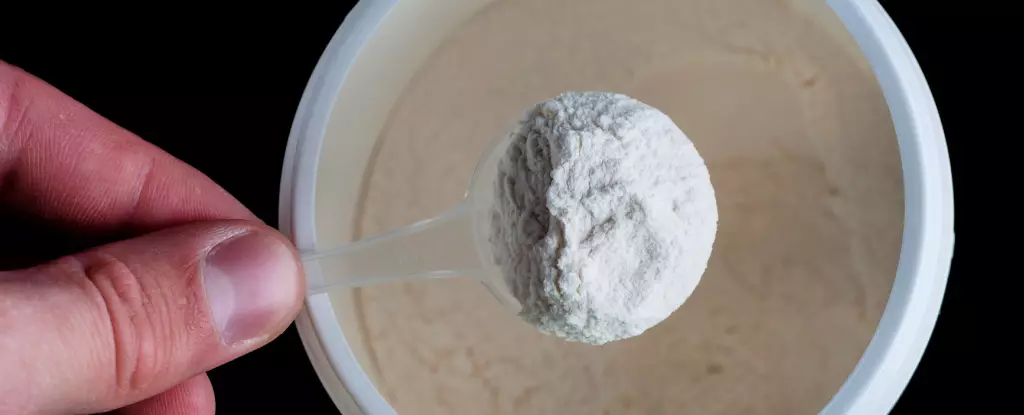A recent study conducted on mice has uncovered fascinating information about the impact of restricted intake of the essential amino acid isoleucine on the aging process. The findings have sparked interest among scientists who are now contemplating whether these results could be translated into strategies to improve longevity and enhance quality of life in humans. This research sheds light on the importance of carefully managing our intake of branched-chain amino acids, including isoleucine, which are critical for protein synthesis in our bodies but may have negative effects when consumed in excess.
Isoleucine is one of the three branched-chain amino acids that our bodies rely on to build proteins. While it is essential for our survival, our cells do not have the ability to produce it from scratch. Therefore, we must obtain isoleucine from dietary sources such as eggs, dairy, soy protein, and meats. However, as with many things, moderation is key. Previous research based on a survey of Wisconsin residents has shown that higher levels of dietary isoleucine are associated with metabolic health issues, particularly in individuals with higher body mass indexes.
To examine the effects of restricted isoleucine intake, a group of genetically diverse mice were fed different diets. One group received a diet containing the usual levels of all amino acids, another group had their overall amino acid intake reduced by approximately two-thirds, and the third group had only isoleucine intake reduced by the same amount. The study observed that restricting dietary isoleucine led to a longer lifespan and improved healthspan in the mice. The mice also exhibited reduced frailty, maintained leaner body weights, and showed better glycemic control. In male mice, lifespan increased by 33% compared to those with unrestricted isoleucine intake, while females experienced a 7% increase. Additionally, the mice demonstrated better muscle strength, endurance, blood sugar levels, tail use, and even hair loss. Male mice in the restricted isoleucine group also had less age-related prostate enlargement and a lower likelihood of developing cancerous tumors. Surprisingly, despite consuming more calories, these mice did not gain weight. Instead, they burned more energy and maintained lean body weights. These findings suggest the potential of restricting isoleucine intake in humans to achieve similar anti-aging effects.
While the results of the study are promising, translating these findings into practical applications for humans is complex. The controlled diets provided to the mice do not perfectly replicate the complexity of the human diet. Moreover, dietary restriction of protein, in general, can have detrimental effects on the body. Therefore, simply reducing the intake of high-protein foods, although a straightforward approach to limiting isoleucine intake, may not be sufficient. The researchers emphasize the necessity of further investigations and fine-tuning to tailor interventions to different genetic strains and sexes to maximize the effects. Determining the appropriate level of isoleucine restriction and its long-term implications requires extensive research and clinical trials in humans.
Scientists involved in this study are optimistic about the potential impact that dietary changes, specifically isoleucine restriction, could have on extending both lifespan and healthspan. However, numerous challenges lie ahead, and the journey towards finding effective anti-aging strategies is far from over. The results obtained from mouse studies provide valuable insights, opening up avenues for further exploration. While we cannot assume that the findings in mice will directly apply to humans, these experiments lay the foundation for building a stronger understanding of the role played by different components of our diet in the aging process.
The study highlighting the effects of restricted isoleucine intake on aging and longevity in mice instills hope that similar strategies may be beneficial in humans. Carefully managing our intake of essential amino acids and understanding their impact on our overall health and aging process could contribute to improved quality of life and enhanced longevity. However, before implementing any dietary changes, further research is needed to determine the optimal approach for different individuals. As the quest for the fountain of youth continues, scientists strive to unlock the secrets of aging and pave the way for a healthier and longer life.


Leave a Reply